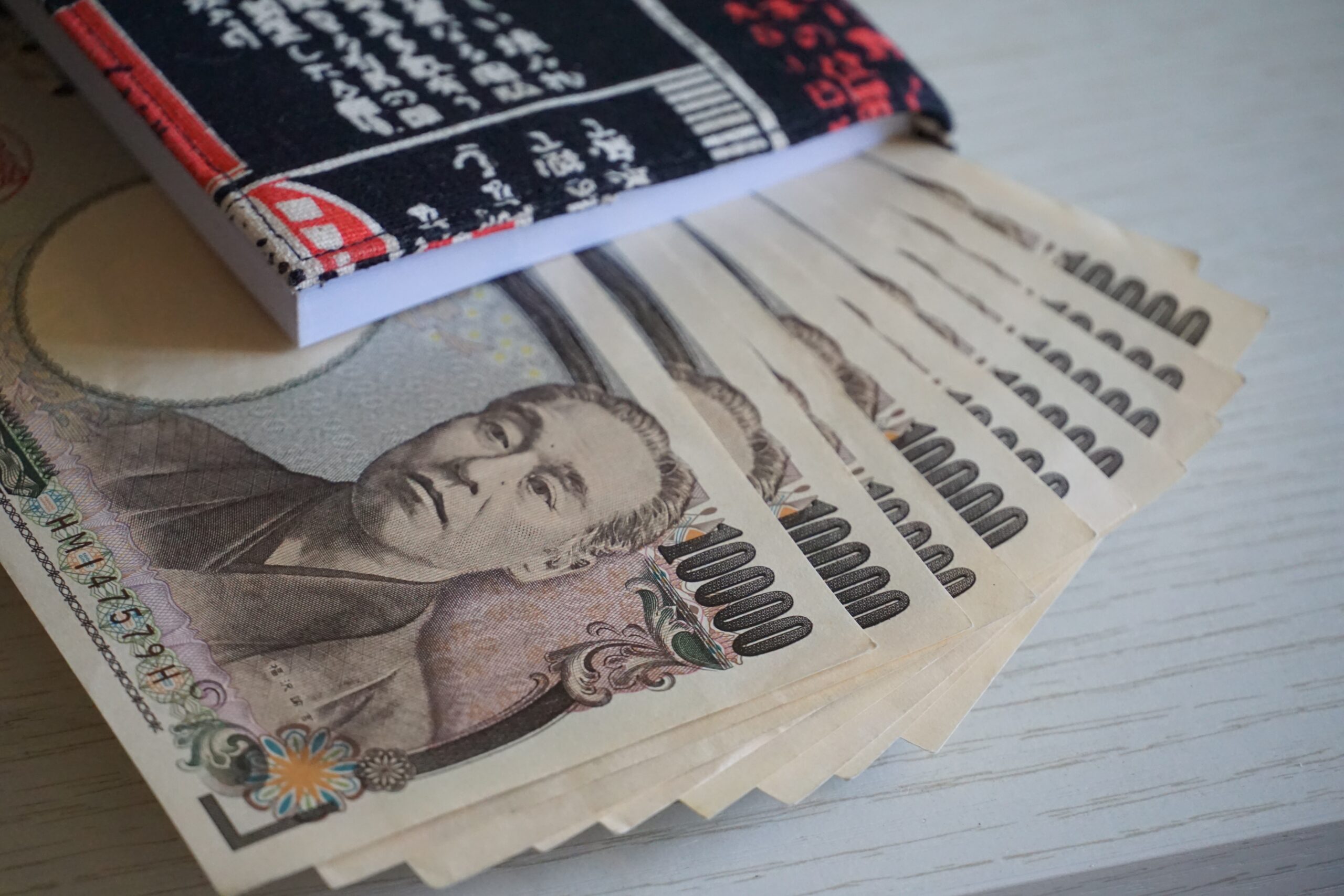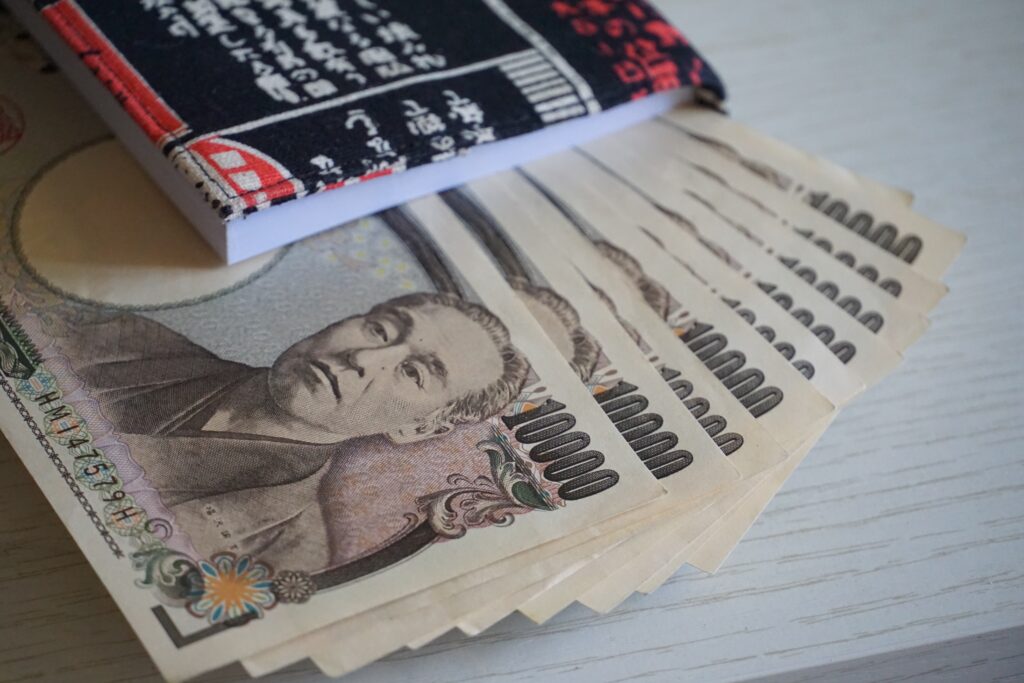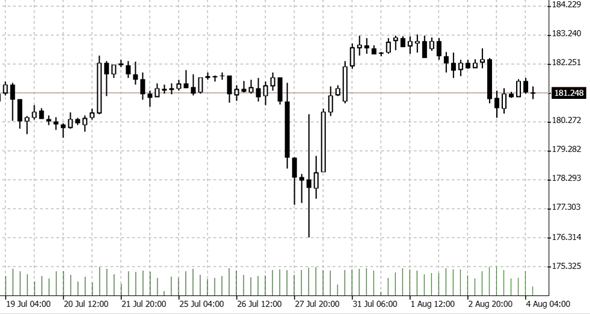

04.08.2023 – Tokyo has already counteracted the hoped-for turnaround in interest rates. The central bank recently had to intervene to prevent an implosion in government bonds. The market is puzzling over the yen’s further path.
After a brief rally, the yen has since shown weakness again. Here is the 4-hour chart of GBPJPY. The situation is hardly different for the euro and the dollar – higher interest rates prevail in these currency areas. Yesterday, for example, the Bank of England raised the key interest rate by 0.25 percentage points to 5.25 percent – this was the 14th interest rate step in a row. Japan, on the other hand, is shying away from normalizing its monetary policy – and is sticking with its key interest rate of minus 0.1 percent.

Source: Bernstein Bank GmbH
After all, the Bank of Japan last Friday hinted at a gentle departure from its previous monetary policy. The yield of Japan bonds should be able to rise to 1.0 percent instead of the rigid yield target of 0.5 percent. As recently as last Friday, Reuters had commented: “Bank of Japan’s opaque policy shift means stronger, wilder yen”. The yen has become wilder – but not necessarily stronger.
Was probably nothing
Because when the yield on Japan bonds reached a new nine-year high, the Bank of Japan got cold feet on Monday: Tokyo announced the purchase of bonds in the equivalent of 2 billion dollars. In doing so, the BoJ sent a signal: If necessary, stable bond prices are more important than a firm yen. Financial blog ZeroHedge judged, “And while the 10-year yield dropped back below 0.6%, the yen quickly reversed its advance against the dollar as FX traders realized that any attempts at tightening would lead to a collapse in the bond market.” We add: Which would plunge domestic banks and insurers into trouble.
Puzzling Interest Rate Turnaround Light
Loosening control of the yield curve was ultimately half-hearted, judged Win Tin, forex strategist at Brown Brothers Harriman. That will probably continue to weigh on the Japanese currency, he said on Bloomberg TV. The “Frankfurter Allgemeine Zeitung”, on the other hand, stated that Japan’s small interest rate turnaround has great significance for the USA. For Japanese investors – after all, the largest creditors of the United States – domestic yen investments have so far been unattractive. That is now changing.
The conclusion to be drawn from all this is that things remain exciting for the yen. After all, inflation of 3.3 percent on the Nippon is urgently calling for higher interest rates. On the other hand, the financial sector must not falter. The question of how the BoJ will extricate itself from this dilemma will probably toss the yen back and forth for a while. Traders with the right instincts can therefore make good money. Whether long or short – Bernstein Bank wishes successful trades and investments!
___________________________________________________________________________________________________________________________
The content of this publication is for general information purposes only. In this context, it is neither an individual investment recommendation or advice nor an offer to purchase or sell securities or other financial products. The content in question and all the information contained therein do not in any way replace individual investor- or investment-oriented advice. No reliable forecast or indication for the future is possible with respect to any presentation or information on the present or past performance of the relevant underlying assets. All information and data presented in this publication are based on reliable sources. However, Bernstein Bank does not guarantee that the information and data contained in this publication is up-to-date, correct and complete. Securities traded on the financial markets are subject to price fluctuations. A contract for difference (CFD) is also a financial instrument with leverage effect. Against this backdrop, CFD trading involves a high risk up to the point of total loss and may not be suitable for all investors. Therefore, make sure that you have fully understood all the correlating risks. If necessary, ask for independent advice. CFDs are complex instruments and are associated with the high risk of losing money quickly because of the leverage effect. 68% of retail investor accounts lose money trading CFD with this provider. You should consider whether you understand how CFD work and whether you can afford to take the high risk of losing your money.7
